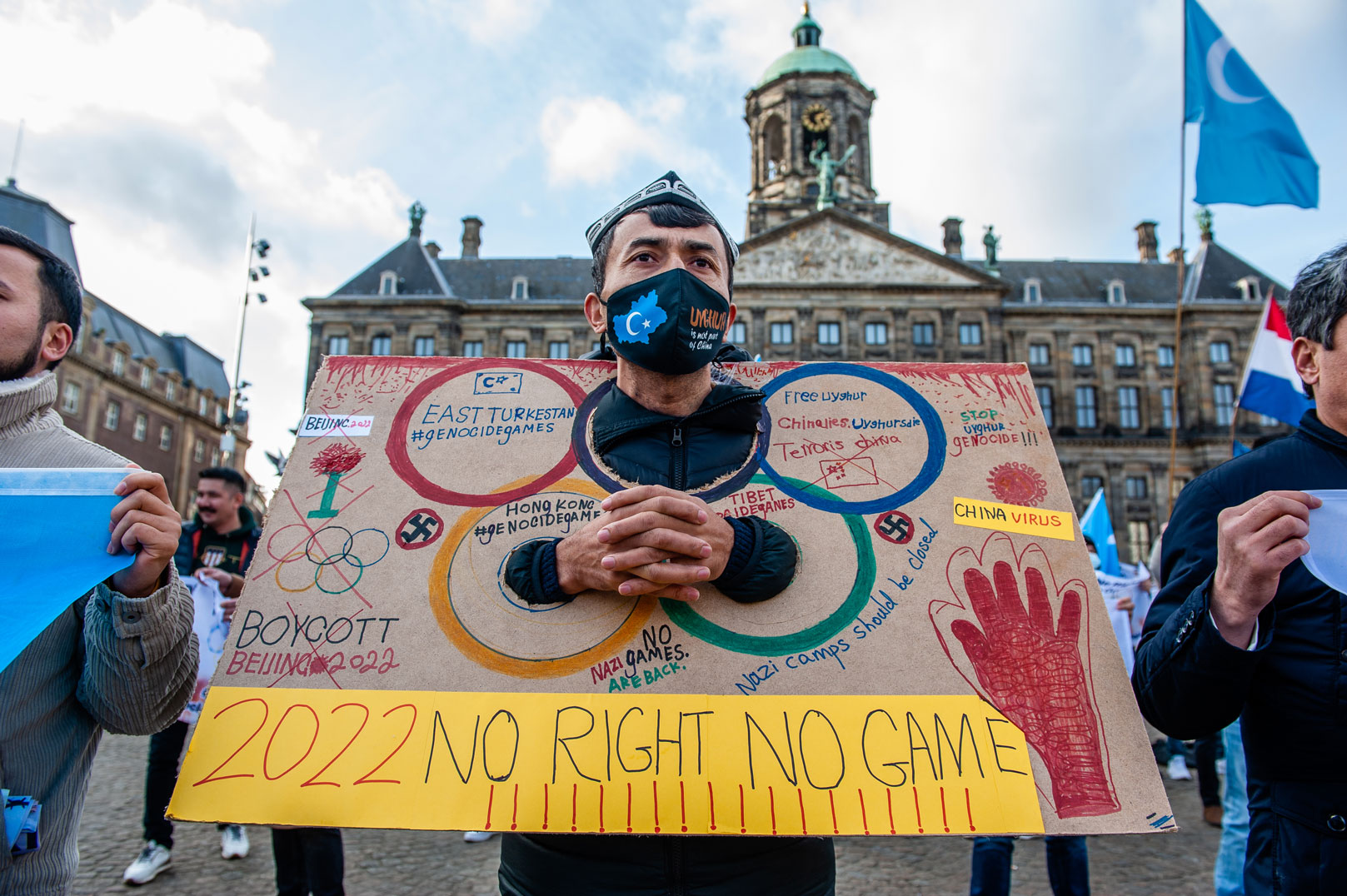Spotlight is a newsletter about underreported cultural trends and news from around the world, emailed to subscribers every Monday. Sign up here.
The first time I remember actually following the news (sports not included) was during the second Palestinian Intifada, which began in 2000. Arab TV stations were filled with round-the-clock coverage of the crisis, including incredibly emotive moments like the murder by Israeli security forces of the young boy Mohammed al-Durrah, which was caught on camera.
The crisis triggered such an outflow of collective anger and mourning over the state of the Arab and Muslim ummah that it prompted the production of a saccharine music video called “The Arab Dream,” an ensemble performance that included Arab pop stars from across the region and was ostensibly about a generations-long hope for a Jerusalem free from occupation.
Its words are just as antiquated as it sounds, a relic from a past age in which you were at least forced to accede in public to a malleable ideal of Arab unity and shared values, even if your actions spoke otherwise. It feels especially out of place today, not so much because a number of Arab countries have signed peace deals with Israel but because of the brazenness with which they embraced the pacts wholeheartedly, from cultural cooperation to security agreements, like the way the UAE has proceeded, for example. (It is ironic that in Egypt, which has had a peace treaty with Israel since the 1970s, it is still social and political suicide to publicly express an affinity with Israel.)
The ideal of Arab unity has always been a mercurial concept of course. King Hussein of Jordan warned Israel about the 1973 war, Arab leaders have always tried to depose one another and foment unrest, some such as Hafez al-Assad and Saddam Hussein outright occupied their neighbors, and few lifted a finger to stem Israel’s war on Lebanon in 2006. The Arab line was divided on how to respond to the first and second Gulf wars. These failures gave rise to a phenomenon in the mid-2000s that seems so bizarre in today’s sectarian-dominated narratives, when Mahmoud Ahmadinejad and Hassan Nasrallah briefly became the Arab world’s most popular leaders.
But there are particular moments in time in which the tragic collapse of this ideal is on full display and warrants an epitaph.
There is an Egyptian saying that can be loosely translated as “all those who feel shame have died.” It felt particularly apt this past week amid the opening ceremonies of the Beijing Olympics, which were boycotted by a lot of Western leaders over China’s human rights record but were attended by a panoply of Arab and Muslim leaders from Qatar, the UAE and Egypt (Saudi Crown Prince Mohammed bin Salman appears to have canceled his trip at the last minute because of unspecified “scheduling conflicts,” but he has in the past expressed support for China’s “counterterrorism” policies and the ambassador to the U.S. attended in his stead).
China is of course responsible for ongoing crimes against humanity because of its attempted cultural genocide of the Uyghurs. It has placed over 1 million members of the community in concentration camps, an industrial “reeducation” effort that it says is meant to counter extremism. If any cause should inspire Muslim solidarity and empathy it is the plight of the Uyghurs, certainly more so than other ridiculous causes that have prompted widespread outrage like a cartoon of the Prophet Muhammad or a film in which an actress removes her underwear offscreen.
We should of course be grateful for small blessings, and the games did feature some, like meetings on the sidelines between Egyptian President Abdel Fattah al-Sisi and UAE de facto ruler Mohammed bin Zayed with the emir of Qatar, rare moments of mutual cordiality between rivals who have been at loggerheads for years in directionless regional cold wars that have not dented their per capita GDP but did prolong civil wars in poorer Arab countries.
It is perhaps futile to expect better — to expect that an ongoing genocide and crime as enormous as that perpetrated against the Uyghurs would trump economic and political interests, particularly by countries that alternate claims over the mantle of defending the Arab and Muslim world against foreign hands seeking to supplant the true heirs of that historic legacy (spoiler alert: it’s usually the men in power). One does not need to subscribe to the concept of a singular Arab or Muslim nation to have that expectation, of course, but it is especially evident then.
Alas, it is not to be. Because those who could feel shame have all died.



